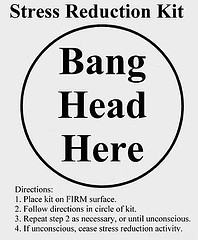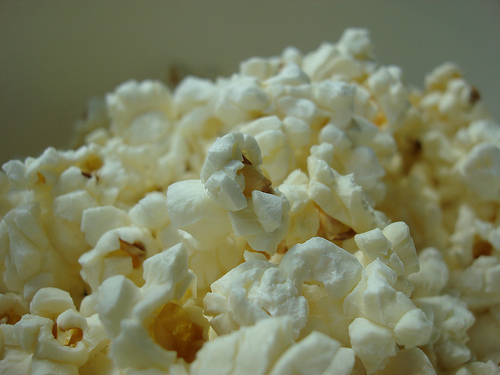By Guest Contributor Sarah Stevenson
How many ‘eating plans’ have you been on, in your lifetime? According to the CDC, 70% of adult Americans are overweight or obese — and that number is not decreasing, regardless of the fact that the fad diet industry is booming. If you’re working towards healthy-body-weight goals, it’s important to consider just why quick fix diets don’t work. And more importantly, it’s important to explore the basic rules of what does work! For a lastingly healthy lifestyle and an end to destructive fad diets, read on…
Why Quick-Fix Diets Don’t Work
Technically, it isn’t quite accurate to say that they don’t work. Quick fix diets are very popular because, as the title suggests, they’re quick and do indeed help you drop the pounds. The problem with the quick fix diet is that it may help you shed the pounds but it by no means teaches you how to keep them off. When you starve yourself (which is often an ingredient to most diets), you are going to lose weight but you’re twice as likely to eat more once you’re done with the plan, given you are not taught how to eat properly.
So you’re setting yourself up for failure, if you jump right back to the lifestyle that helped you gain unwanted weight in the first place. What does it really take to keep off unwanted weight? An entire lifestyle change!
Rules For a Healthy Lifestyle
1. Stop Drinking Calories!
A typical 20-ounce soda contains 15 to 18 teaspoons of sugar and approximately 240 calories. A 64-ounce fountain cola drink can have up to 700 calories in it (1). Sweet drinks can waste your waistline. Try replacing soda, cocktails and juices with tea or water. This is simple way to eliminate the consumption of empty calories.
2. Portion Control
If you’re working towards weight management goals, be aware of how much you eat at each meal. It’s best to eat up to 5 or 6 small meals a day. This keeps your metabolism working all day and keeps you satiated. People who eat small meals throughout the day tend to take in fewer calories than those who eat 3 large meals a day (2).
3. Exercise
If you want to lose weight and keep it off, you must burn more calories than you take in. The best way to burn calories is to exercise. According to Dr. Edward Laskowski from the Mayo Clinic, one should exercise at least 150 minutes each week. (Spread out, of course!) Exercise is good for your body, mind and soul.
4. Remove Temptation
If you have a box of Girl Scout cookies in your house, you’re going to eat them! If you are tempted by certain junk foods, then keep them out of your house all together. You are less likely to eat something bad for you if you have to jump in the car and drive to get it. Out of sight + out of mind = out of body.
5. Buddy Up
It is so much easier to change unhealthy habits when you have a friend or family member doing it with you! Build a support system so that you are not the only one making the lifestyle change. If your friends and family are on board, you are more likely to succeed.
6. Protein and Fiber
Foods high in protein and fiber keep you full, because they take longer to digest. Peanut butter on celery or low fat cheese with crackers and nuts are all easy to pack and great to snack on throughout your day.
7. Fill Up On Veggies!
 If you’re the kind of person who enjoys a big meal, then load your plate up with veggies. A big salad, beans, broccoli, cabbage and kale all contain tons of nutrients, and will fill up your tummy — with hardly any calories.
If you’re the kind of person who enjoys a big meal, then load your plate up with veggies. A big salad, beans, broccoli, cabbage and kale all contain tons of nutrients, and will fill up your tummy — with hardly any calories.
We need to create healthy, nourishing relationships with our bodies, instead of depriving them and punishing them into submission. If you want to maintain a healthy body weight, it’s time to learn to live a healthy lifestyle.
You deserve it!
Image credit: Runner photo and veggie photo via Shutterstock.
Sources:
1. US Department of Agriculture. Nutrient data for 14400, carbonated beverage, cola, contains caffeine. National Nutrient Database for Standard Reference, Release 24. 2012.
2. Katz, David, and Maura Gonzalez. Way to Eat: A Six-Step Path to Lifelong Weight Control. Sourcebooks, Inc., 2004.
3. 2008 physical activity guidelines for Americans. U.S. Department of Health and Human Services. http://www.health.gov.
Sarah Stevenson, a.k.a. The Tini Yogini, is a Certified Yoga Instructor in Southern California and one of the fitness and wellness experts at www.beachbody.com. She has a degree in Behavioral Psychology and teaches not only yoga classes but also life affirming workshops. Beachbody provides which provides effective fitness and weight loss programs for all fitness levels, premium supplements for weight loss, sports performance, and better health and home gym accessories.








